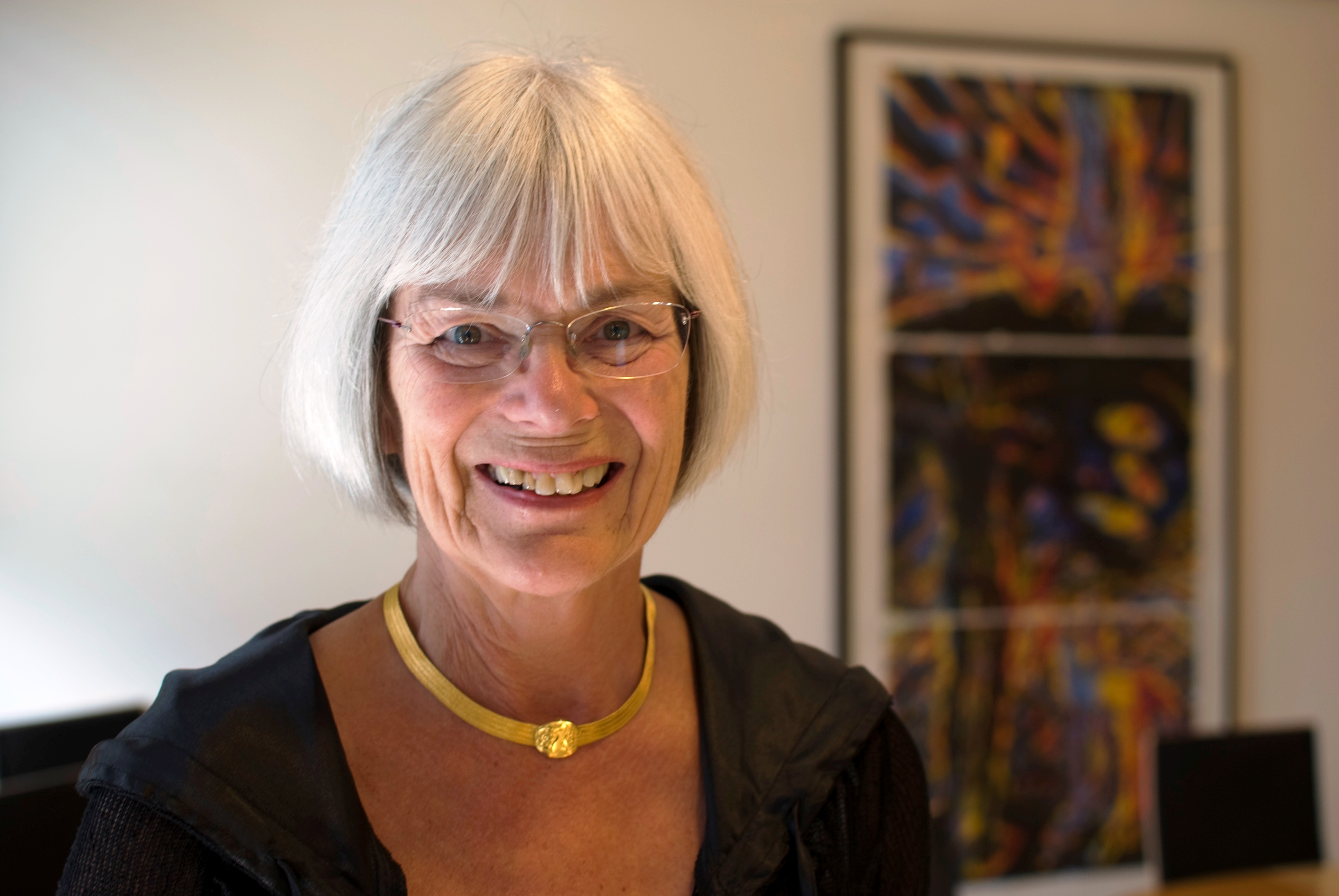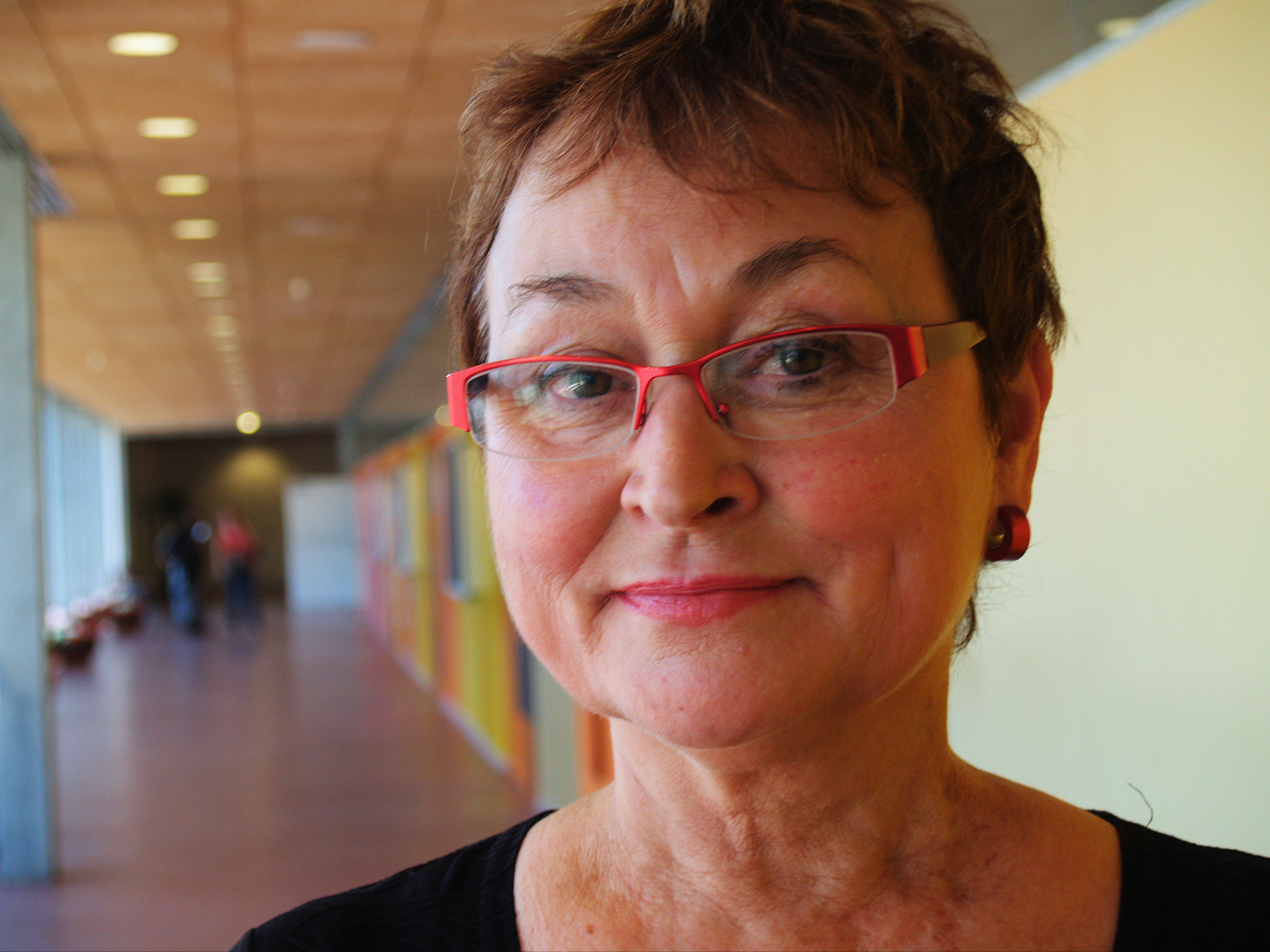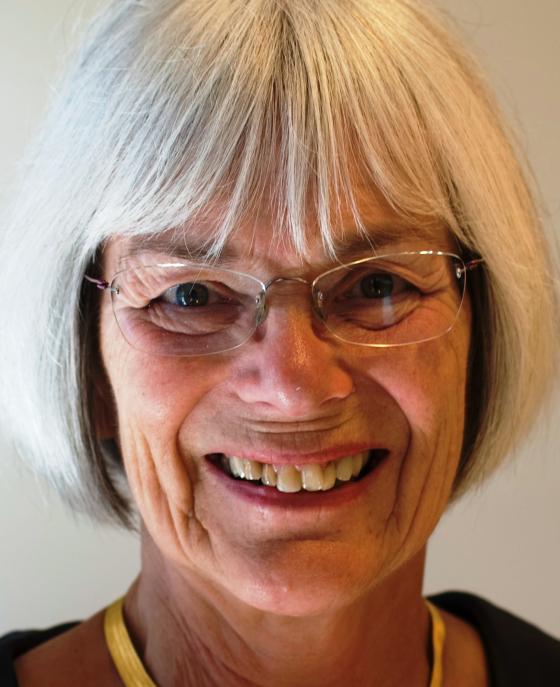Commitment to gender equality will continue
The Norwegian Government will extend the term of the national committee that promotes gender equality. It is also proposing financial rewards for institutions that employ women in high-level positions in the male-dominated natural sciences.

“I believe the Kif committee has done a good job, and for this reason I want them to continue their work with us,” said Minister of Research and Higher Education Tora Aasland in September. The new proposal to the national budget confirms that Aasland has received support for this from the recently re-elected red-green coalition government.
Committee chair Gerd Bjørhovde and the other members of the Committee for Mainstreaming – Women in Science (Kif committee) can therefore look forward to several more years of leading the effort to promote gender equality within the Norwegian research system.
Important partner
For a long time it was uncertain whether the committee would receive funding for another period. The current committee’s mandate expires in April 2010, but thanks to strong recommendations from a number of institutions, the Government has decided that it wants the committee to continue its work.
“The Kif committee has been an important partner for us,” said Aasland. She points out that the committee has been a catalyst for raising awareness of gender equality in the higher education sector.
A promise of NOK 10 million
The Government also wants to increase the number of women in the mathematics, science and technology (MST) disciplines. To achieve this, universities and university colleges will receive a financial reward when they employ women in high-level academic positions in these subjects.
According to Aasland, NOK 10 million (1,2 million EUR) will be allocated to universities and university colleges that employ women in professor and associate professor positions. This may mean up to NOK 300,000 (36,000 EUR) in additional funding per hire.
The measure, which will first be implemented as a trial project, comes in the wake of the recent decision by the EFTA Surveillance Authority to stop the Government’s effort to re-introduce the earmarking of positions for female researchers. The reason for this decision is that earmarking positions would conflict with rules for effective competition laid down in the EEA Agreement. The EFTA Surveillance Authority is the legal body which ensures that Norway, Iceland and Liechtenstein respect their obligations under the EEA Agreement.
“It is now crucial to show that this measure is a reward for the institutions’ efforts and not a subsidy of salaries,” Aasland emphasizes.
Gerd Bjørhovde is pleased about this measure, but she does not hide the fact that she expects more:
“This measure was proposed by the first Kif committee back in 2007,” explains Bjørhovde, who calls for similar measures in more areas than just the MST disciplines.

Qualifying grants needed
“It is not only the MST disciplines that find it difficult to increase the number of women. There are also very few women in top-level positions in the social sciences and humanities,” says Bjørhovde.
“It’s strange that some areas of history, social sciences and philosophy – subjects that have successfully recruited both genders – are so imbalanced at the highest levels. I myself am a humanist, and within the humanities there is a dearth of women in top-level positions,” says Bjørhovde, who is a professor of culture and literature at the University of Tromsø.
Now the professor hopes that the minister will allocate funding for so-called qualifying grants, which help women to prepare for top-level positions.
“There are also very few women qualified to assume top-level positions in the health sciences, nursing and related subjects which traditionally recruit a large number of women. We need to offer qualifying grants in these areas,” she says.
“For example, we could offer grants that last one year. We used to have professorship grants that lasted over three years,” says Bjørhovde, who sounds impatient about the lack of progress:
“After all, it’s been over a year and a half since we proposed this. I just don’t understand why it should take so long.”
In September, the minister said she agreed that it had been a slow process, but that she wanted to discuss the qualifying grants with the committee:
“It’s an exciting way to go, and something we would like to discuss with the committee, depending on what we manage to prioritize,” said Aasland. In its new national budget, the Government states that it wants to design effective qualifying schemes for women.
Translated by Connie Stultz
The Government confirmed in its national budget proposal presented on 13 October that it wants to extend the term of the Committee for Mainstreaming – Women in Science.
The Government also wants to implement a trial scheme to increase the number of women in higher academic positions in the MST disciplines. The purpose is to reward universities and university colleges by triggering a specific allocation to institutions whenever they hire women in these subjects.
The budget also calls for the development of effective qualifying schemes for women.
The current committee began its work on 1 April 2007, and was appointed by the Ministry of Education and Research for the period 2007-2010. The committee is headed by Gerd Bjørhovde, Professor at the University of Tromsø.
This committee replaced the previous committee of the same name that sat for the period 2004-2007 and which was also appointed by the Ministry of Education and Research. Professor Kari Melby chaired that committee.
